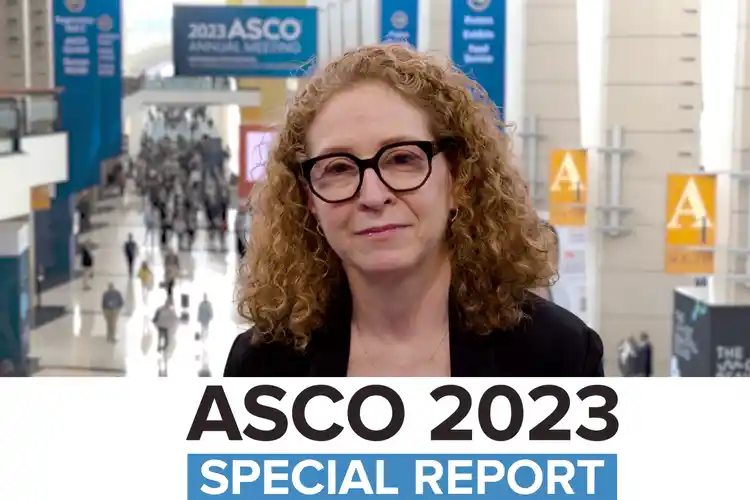June 15, 2023 – For most patients with HER2-positive early breast cancer, standard treatment should remain the same, according to new findings.
Most women with this type of breast cancer will receive the drug trastuzumab, along with other therapies and surgery. The usual course of therapy with trastuzumab is 1 year. For the past decade, studies have been done to see whether similar outcomes can be achieved if trastuzumab was given for a shorter period of time.
But at the annual meeting of the American Society of Clinical Oncology, a 10-year update to a long-running study determined that the treatment protocol would stay the same.
“One-year trastuzumab remains standard of care,” said study author Pier Franco Conte, MD, a professor of oncology at the University of Padova in Italy, who presented the results of the study at the meeting.
He also said that women with a more extensive disease, where the cancer has spread to four or more lymph nodes, might especially benefit from treatment for a year.

Trastuzumab is a targeted therapy medicine that is widely used to treat HER2-positive breast cancer. Since it first became available about 15 years ago, the standard of care has been to give it for 1 year after surgery, together with chemotherapy, to reduce the risk of the cancer returning.
But like other cancer treatments, trastuzumab can cause side effects, some of them serious, including possible heart damage. Trastuzumab is also expensive.
In the current study, Conte and his team randomly assigned 1,254 patients with HER2-positive breast cancer to receive either chemotherapy plus 1 year of trastuzumab or 9 weeks of trastuzumab. The women were followed for 9 years.
The researchers looked at several outcomes. One was disease-free survival, which is how long the women lived without the cancer coming back. Disease-free survival and overall survival were very similar between the two groups. They were also similar for women whose disease had spread to between one and three lymph nodes.
“Numerically, at median follow-up of 9 years, 10-year disease-free survival and overall survival of long versus short trastuzumab are quite close, but a stratified analysis suggests that patients with four or more positive nodes and stage III disease may have an advantage both in disease-free and overall survival when treated,” Conte said.
One of the key points of this study was to see if 9 weeks of trastuzumab was as good as 1 year of treatment. In drug studies, this means that that the test product (the 9 weeks of treatment) is not worse than the product it is being compared to (1 year of treatment) by more than a small pre-specified amount. But any benefit of short-duration trastuzumab could not be demonstrated in their study, Conte said.
That said, he added that 9 weeks of trastuzumab may “represent an affordable and effective option for patients with low- or intermediate-risk, HER2-positive breast cancer living in countries where access to trastuzumab may be a problem.”